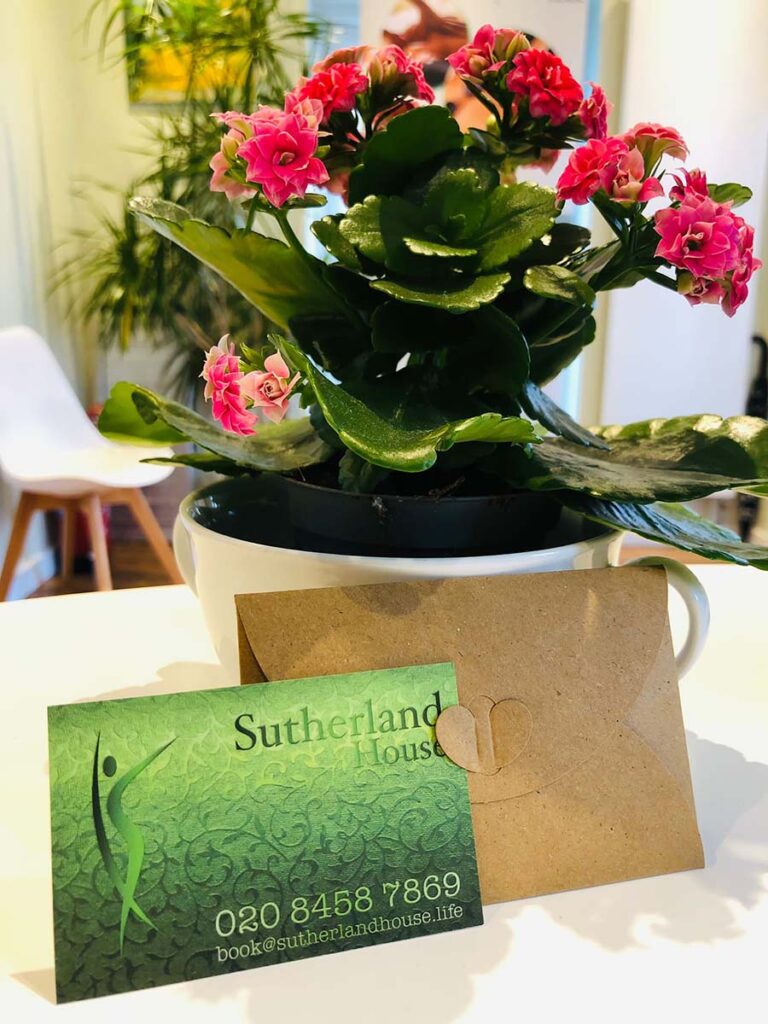By Martine Vegoda MBAcC and Natalie Vegoda MBAcC
#AcupunctureAwareness #MentalHealthAwareness
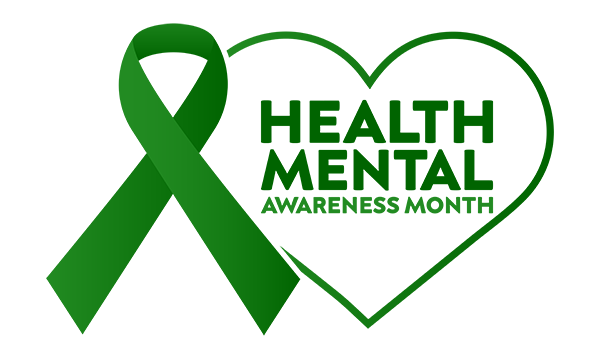
Despite increasing proof of its effectiveness and the lower risk of adverse reactions than with many orthodox medical treatments, Traditional Chinese acupuncture (TCA) remains largely overlooked as a viable and effective form of healthcare.
All too often, professional acupuncturists such as ourselves are consulted only as a last resort which is a terrible shame when patients are suffering and potentially have so much to gain from this science backed, age old therapy. Here, we delve in to why Eastern medicine can form a great marriage with Western medicine and why TCA can treat so much more than just pain.
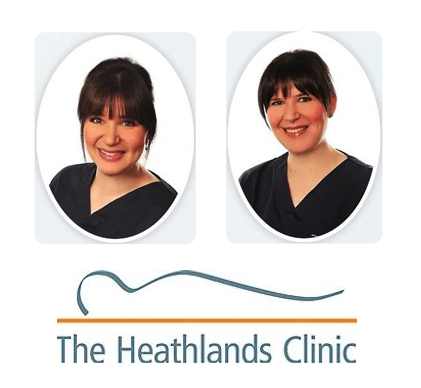
Many are unaware that TCA is effective for bolstering various systems within the body. As experienced practitioners, our message is not to turn your back on the importance of Western medicine, but to highlight the benefits of TCA and all that it has to offer especially in the area of mental health and wellbeing.
TCA is a wonderful adjunct to Western medicine, relieving associated side-effects without adding new ones and it is also backed by science to work in its own right as a stand-alone treatment.
A high percentage of cases we treat in our clinic fall on the spectrum of mental health issues. We have seen a huge rise since the pandemic. With May being mental health awareness month, let’s take anxiety as one example. Statistics show, the global prevalence of anxiety is on the rise. Anxiety is a complex condition and there are many sub classifications of anxiety disorders, symptoms and physical manifestations that vary considerably from person to person. The mental and physical symptoms of anxiety disorders can be chronic and result in sufferers having very poor quality of life [1].
TCA has the ability to be very effective in this area. Practitioners of TCA treat the whole person in totality rather than their specific symptoms in isolation. For example, we may see five patients with the exact same symptoms of stress, anxiety, low mood and insomnia. We don’t zoom in on their symptoms. We zoom out, collect the facts and look at how they are functioning on a personal level (diet and lifestyle included). For that reason, each patient will likely come out with a different Traditional Chinese Medicine (TCM) diagnosis and acupuncture treatment plan. There really is no ‘one size fits all’ approach.
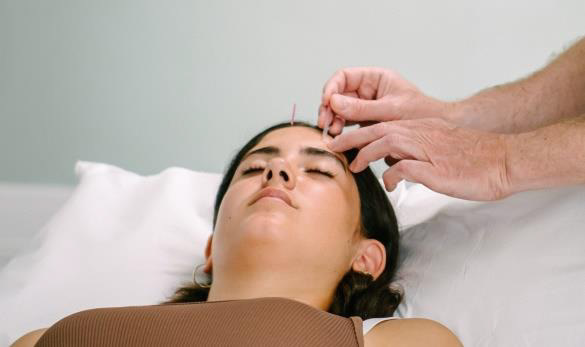
We have success with patients all the time for help with low mood, physical pain, feelings of anxiety, stress and fear, IBS flare ups, problems sleeping, stress headaches and so much more. It may sound like we are tooting our own trumpet but TCA, and the diagnostic theory of TCM which forms it’s backbone, has opened up a way for practitioners in this field to really help people and enrich their lives. We get to see the results of our work first hand.
With regards to mental health, now more than ever, health care providers are facing some of their biggest challenges trying to harness a healthy body-mind connection for their patients. Diagnostically, with TCM the mind and the body are not viewed as two separate entities and, as such, all patients are treated knowing that their emotional and physical health is intimately intertwined.
We will often work alongside medical professionals with patients undergoing talking therapies and pharmacological treatments. Pharmacological medications such as benzodiazepines, selective-serotonin re-uptake inhibitors (SSRI), antidepressants and /or talking therapies such as CBT have a lot to offer in helping sufferers of anxiety tackle their condition. We are all too aware of how life-changing these options can be but there need not be an either/or scenario in the best course of treatment for patients. Ethically, of course we want the best for our patients, to know how to spot red flags and when to refer. Our acupuncture treatments create emotional and physical balance in the body which only serves to support other treatments and accelerate their progression by creating a more responsive and harmonious base line for patients to build on.
For those of you who like to see things from a scientific perspective, studies have shown, TCA may help with anxiety because it stimulates the body’s production of endogenous opioids that kick start the parasympathetic nervous system (PNS) to initiate relaxation. Essentially, TCA treatments down regulate the opposing sympathetic nervous system responsible for what is termed the ‘fight or flight’ response that is so heightened in states of anxiety. Treatments work by stimulating the PNS to slow heart and breathing rates, lower blood pressure and divert energy back to digestion which would have been temporarily suppressed during heightened episodes of anxiety [2]. You may have formed the link here as to why TCA is also so effective in treating IBS symptom flare ups. Stress and IBS often go hand in hand [3] [4].
There is also good evidence that acupuncture is a useful tool for the treatment of depression. There are two recent systematic reviews of acupuncture for depression, including a Cochrane review [5]. Several comparisons were made between acupuncture and conventional treatments for depression, including whether Traditional acupuncture combined with antidepressant medications such as SSRI was better than antidepressant medications alone. In short, acupuncture plus SSRI was more effective for depression than SSRI alone. Traditional acupuncture has also been compared to counselling services for patients with depression. In a recent randomised controlled trial by MacPherson et al. ‘Both interventions were associated with significantly reduced depression at three months when compared to usual care alone.’ [6]. (For further reading, see BAcC ‘Depression’ Fact Sheet).
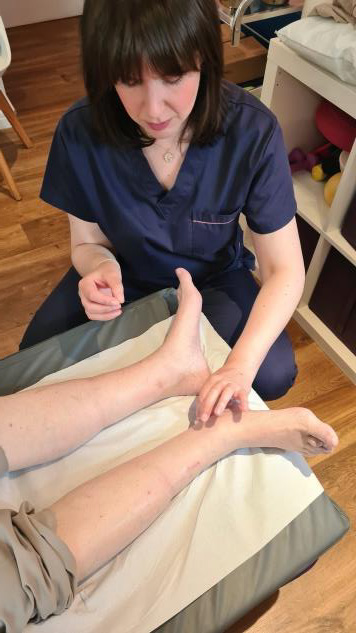
We have had patients come in to the clinic feeling so low and depressed and yet when they leave the clinic, we can witness a physical transformation. Patients experience what we would describe as a natural high and, in some cases, seem almost euphoric. This is no exaggeration and it is really amazing to witness when it happens. We see it in their eyes and their whole demeanour. On occasion, we have had to let them sit for a bit after their treatments and make sure that they are okay to drive home. We remember one patient described it like feeling we had pulled the string of their balloon back down to earth again and they could finally take a deep breath.
Acupuncture is currently included in The National Institute for Health and Care Excellence (NICE) guidelines for headaches and primary chronic pain. However, there needs to be more of a balance of Western medicine meeting Eastern medicine to cater to patients with a full range of medical conditions right across the board.
We do understand the cynicism of TCA in our modern world. The analytical brain dislikes what cannot be explained. But at what expense; sufferers have so much to gain from this amazing therapy and struggle to get access to it.
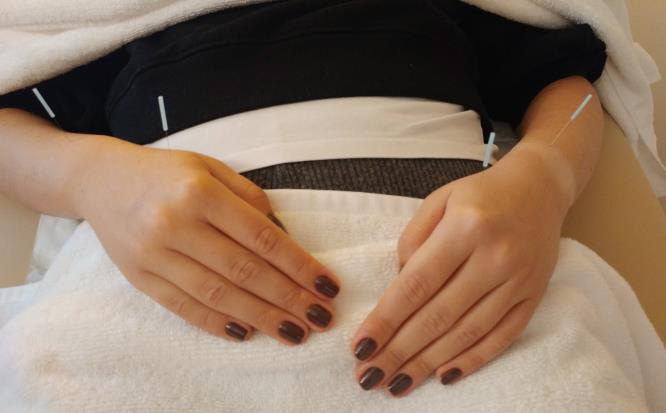
We studied and graduated in Traditional Chinese Acupuncture and Oriental Medicine together. We remember thinking very early on in our studies, ‘How can needles in acupuncture points really treat all of that?’ We were healthily sceptical and questioned everything. Our lecturers would tell us to switch off our Western brain and be open to learning an age old system of medicine that worked with one’s life force; their ‘Qi’. We were often reminded that this system of medicine was working thousands of years ago before our bodies were able to be analysed on a cellular level with microscopes and advanced tech. Simple words were used to describe pathology such as heat, damp or phlegm in the body. Health back then was very much governed by environmental conditions, the seasons and living harmoniously alongside nature.
It was not until we were third year students in clinic, treating under our supervisors that we started seeing the real results and could no longer argue.
If the concept of Qi in TCM as a marker of our health seems a bit woo-woo to you, we still remember it was for us too. However, science cannot explain everything and that is a fact. Consciousness in medical science can still not be explained. We will still put our trust in an anaesthesiologist to put us to sleep during surgery. Furthermore, do you ever think how amazing it is that our brain and heart conduct electrical charges all by themselves? Our living body is inherently electrical. So, might it be possible then that there could also be an invisible life force that runs throughout our body that thousands of years ago was termed Qi?
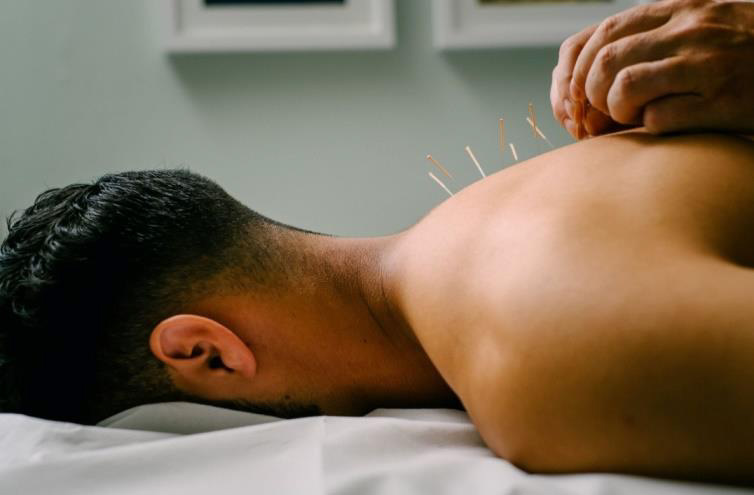
If after reading this, you do consider seeing a TCA, do make sure that your practitioner is a fully qualified member of The British Acupuncture Council (BAcC), accredited by the Professional Standards Authority (PSA). Just as you would check your surgeon’s credentials, you need to check if you are ‘just having acupuncture,’ or actually being treated by a professional acupuncturist trained to degree level in TCM. You will not get the same quality or diversity of treatment benefits from someone who has only done a short course in acupuncture as an adjunct to their original body work profession.
If you are not able to visit us for TCA at Sutherland House but would like to see if TCA can help you, you can find an acupuncturist and qualified BAcC member near you on the following website: https://acupuncture.org.uk/find-an-acupuncturist/
[1] Wichen HU. Generalized anxiety disorder: Prevalence, burden, and cost to society. Depress Anxiety. 2002;16(4):162–171 [PubMed] [Google Scholar]
[2] Li, Q. Q., Shi, G. X., Xu, Q., Wang, J., Liu, C. Z., & Wang, L. P. (2013). Acupuncture effect and central autonomic regulation. Evidence-based complementary and alternative medicine : eCAM, 2013, 267959.
https://doi.org/10.1155/2013/267959
[3] World Journal of Gastroenterology
Effectiveness of acupuncture to treat irritable bowel syndrome: A meta-analysis Guan-Qun Chao and Shuo Zhang
[4 ]Evidenced based acupuncture
Acupuncture for the Treatment of Diarrhea-Predominant Irritable Bowel Syndrome Jan 5, 2023 | Acupuncture, Digestive system and metabolism, EBA Forum, EBA Forum NEW, IBS, Safety
[5] Smith CA, Armour M, Lee MS, et al. Acupuncture for depression. Cochrane Database of Systematic Reviews 2018(3) doi: 10.1002/14651858.CD004046.pub4
[6] MacPherson H, Richmond S, Bland M, et al. Acupuncture and Counselling for Depression in Primary Care: A Randomised Controlled Trial. PLOS Medicine 2013;10(9):e1001518. doi: 10.1371/journal.pmed.1001518
The British Acupuncture Council, Fact Sheet Depression (2022), https://acupuncture.org.uk/fact-sheets/depression/#
[7] Han JS. Acupuncture and endorphins. Neurosci Lett. 2004 May 6;361(1-3):258-61. doi: 10.1016/j.neulet.2003.12.019. PMID: 15135942
Further Reading
‘Depression’ Fact Sheet, www.acupuncture.org.uk
Lund, Irene & Lundeberg, Thomas. Mechanisms of Acupuncture, 2016, Journal of Acupuncture and Related Therapies
Thank you to Ian Appleyard, PhD Research & Policy Manager at The British Acupuncture Council for assisting us with our research.
Photography credit of acupuncture points in the back and acupuncture in the face: Mathew Kaltenborn. Other two photos: property of The Heathlands Clinic.
Profile photos with thanks to Vendula Safarova.
Written by Martine Vegoda MBAcC and Natalie Vegoda MBAcC
